Egyptian officials make 1st visit to Libya in years to 'support' truce deal
Egypt’s senior security officials have paid their first visit in years to Libya and held talks with top authorities of the internationally-recognized Government of National Accord (GNA) despite their support for the rival administration in the east that is led by military strongman Khalifa Haftar.
The visit on Sunday, announced by the Libyan Interior Ministry, marked the first time senior Egyptian authorities officially visited the country since a civil war erupted in the oil-rich North African nation in 2014 between the Tripoli-based GNA forces and Haftar’s Libyan National Army (LNA) that backs a governing body in the eastern city of Tobruk.
While GNA is backed by Turkey, the renegade warlord Haftar is sponsored by Egypt, the United Arab Emirates (UAE) and Jordan, as well as France.
During Sunday’s talks, GNA’s Interior Minister Fathi Bashagha and Intelligence Service Director Emad Trabelsi discussed “ways to support the ceasefire agreement and discuss the outputs of the 5+5 committee” with the Egyptian delegation, which included Cairo’s deputy director of intelligence and top officials from its foreign and defense ministries, according to a statement released by the Libyan ministry.
The truce was agreed on in late October between the Libyan warring parties and the so-called 5+5 meetings, involving five senior officers designated by each side.
The Tripoli visit came just more than a week after Egypt’s Intelligence Chief Abbas Kamel met in the eastern city of Benghazi with Haftar and the speaker of the Benghazi-based parliament, Aguila Saleh.
Meanwhile, reports suggest the visit by the Egyptian delegation has raised anger among many in Libya who believe Egypt has been supporting Haftar's military adventurism for years and cannot therefore be expected to contribute to peace.
Bashagha -- who visited Cairo last month and seeks to lead an interim government in Tripoli until elections set for next December -- described the talks as “fruitful and constructive” in a Twitter post and referred to Tripoli’s relations with Cairo as “very important.”
Following his November visit to the Egyptian capital, Bashagha depicted it as part of efforts by both countries to “fight the threat of terrorism and organized crime.”
The Egyptian delegation also met GNA Foreign Minister Mohamed Taher Siala and pledged to reopen the Egyptian embassy in Tripoli “at the earliest time,” according to a Twitter statement posted by GNA’s Foreign Ministry spokesman Mohamed Elgeblawi.
The Egyptian delegation’s visit came a day after Turkey’s Defense Minister Hulusi Akar -- along with the military’s Chief of Staff Yasar Guler and other commanders – visited Tripoli and held talks with GNA officials.
During the visit Akar threatened to target Haftar’s forces in case he waged an attack against Turkish forces in Libya, describing the renegade commander and his backers as the “main problem” in Libya, in an apparent reference to the UAE and Egypt.
Akar’s remarks seemed to be in response to last week's remarks by Haftar, who threatened to target Turkish troops in Libya if Ankara extended its presence there, insisting that Turkey could “leave peacefully or to be driven out by force.”
Last week, Turkey’s parliament extended a law that allows the deployment of Turkish troops to Libya for 18 months.
The already divided Libya, which sits atop the largest oil reserves in Africa, descended into another major chaos last year after Haftar’s LNA militants moved toward Tripoli to seize the city, but were repelled by GNA forces, who pushed them as far back as Sirte, on the Mediterranean coastline, with crucial help from Turkey.
The still ongoing conflict has escalated into a regional proxy war fueled by foreign powers pouring weapons and mercenaries into the country.
In late November, representatives of the warring sides in Libya concluded their latest round of peace talks in Morocco and agreed to “end the division” that undermines the sovereignty of the North African country.
Libya first plunged into turmoil in 2011, when a massive military intervention by the US-led NATO alliance amid a popular uprising across the country led to the ouster of long-time dictator Muammar Gaddafi but plunged the country into a turf war between rival groups sponsored by foreign governments.
VIDEO | COP29: another climate failure?
ICC issues arrest warrants for Netanyahu, Gallant for war crimes
Israeli strikes kill 88 Palestinians in northern Gaza
American voters plainly rejected complicity in Gaza genocide: Iran FM spox
ICC should issue more arrest warrants for Israeli authorities over Gaza genocide: UN expert
Israel using AI weapons co-produced by India in Gaza genocide: Report
Israel issues new evacuation orders, shortly launches strikes on southern Lebanon
VIDEO | Press TV's news headlines





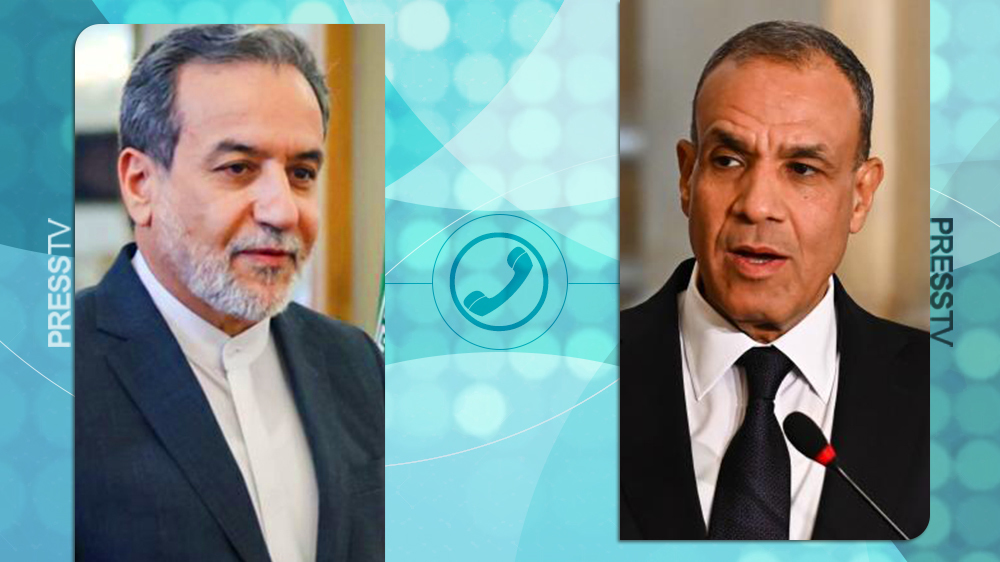
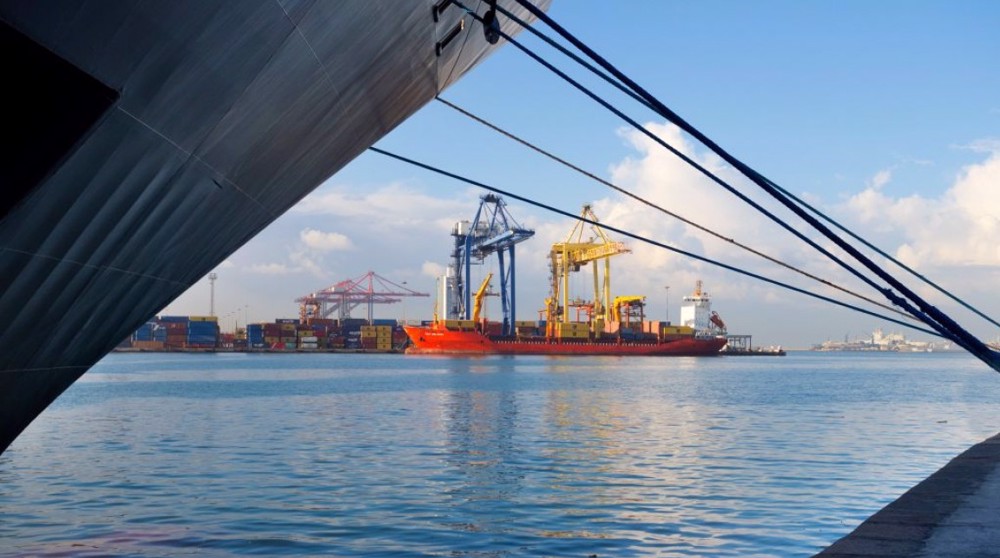
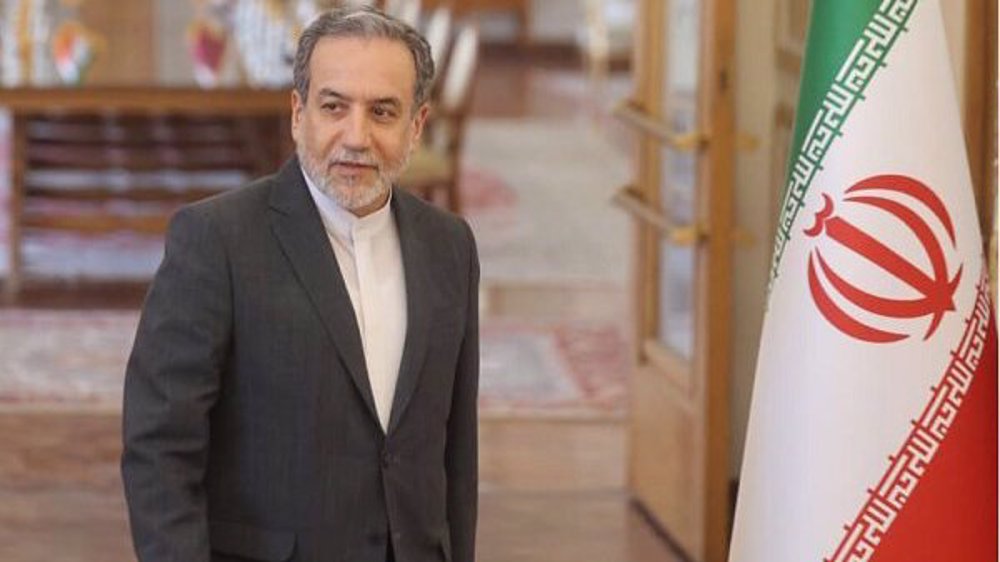



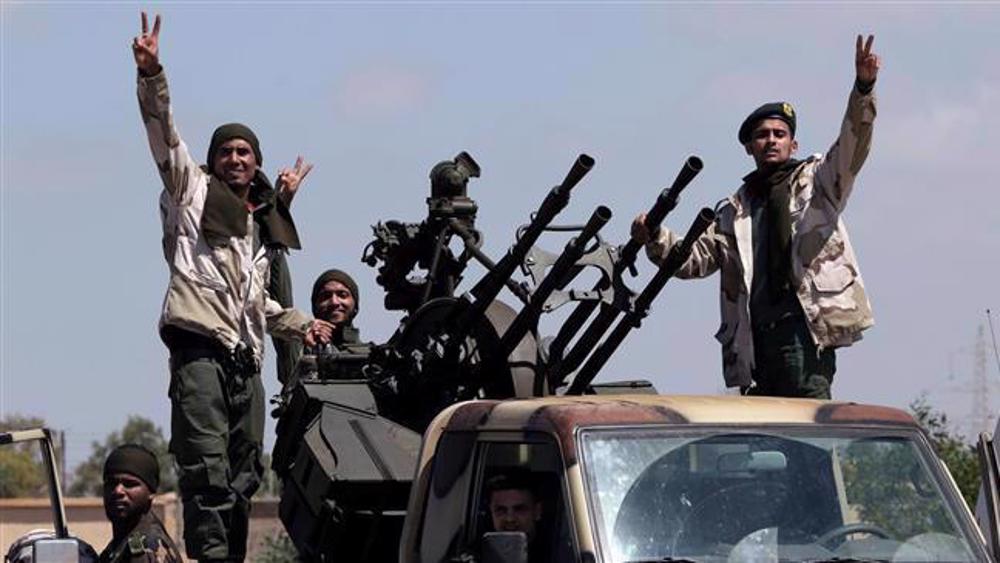

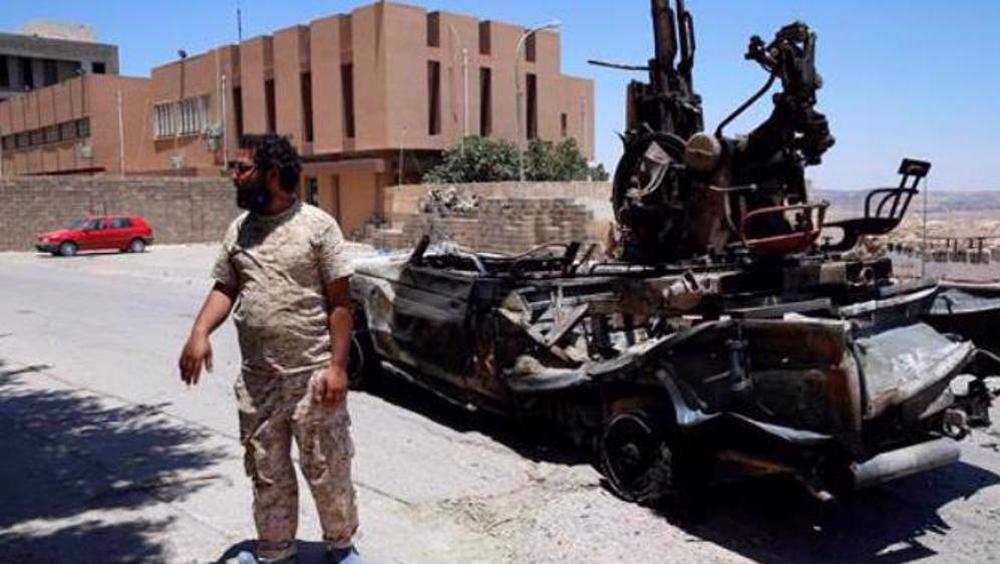

 This makes it easy to access the Press TV website
This makes it easy to access the Press TV website